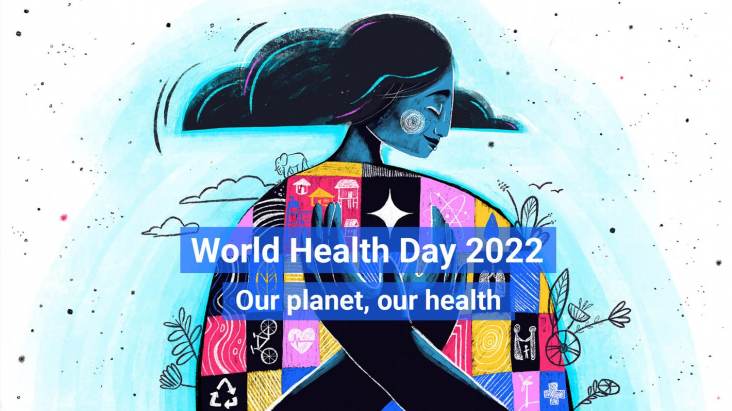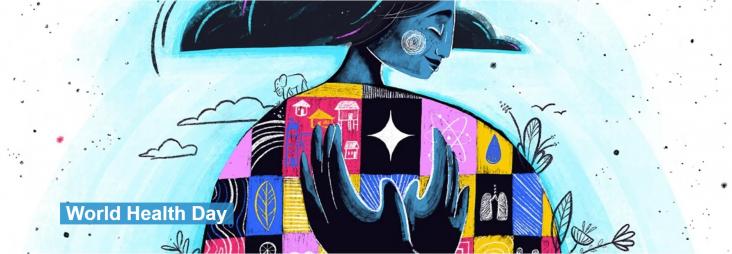How too much information can affect mental health by causing distress.
How poor mental health in parents can contribute to child neglect..
Food security is achieved when all people, at all times, have physical and economic access to sufficient, safe, and nutritious food to meet their dietary needs and food preferences for an active and healthy life.
Viral metagenomics is widely applied to characterize emerging viral pathogens but it can also reveal the virome composition in health and disease. The evaluation of the virome in healthy blood donors can provide important knowledge on possible transfusion threats.
Genistein is a phytoestrogen that, due to its structural similarity with estrogen, can both mimic and antagonize estrogen effects.

For World Health Day 2022, RELX's Global Head of Corporate Responsibility, Márcia Balisciano, speaks to Dr. Rebecca Katz on this year's theme of "our planet, our health".

Our planet, our health
Are we able to reimagine a world where clean air, water and food are available to all?
Where economies are focused on health and well-being?
Although older people have been recognised as a vulnerable group in humanitarian crises, they have not traditionally been considered a priority for humanitarian assistance.
This paper concludes that effective local implementation of MSN (Multisectoral Nutrition) policy requires country-level commitment together with local leadership and capacity building, and community engagement to ensure efforts fit program contexts.
Healthcare Strategies and Planning for Social Inclusion and Development Volume 2: Social, Economic, and Health Disparities of Rural Women, 2022, Pages 1-42
This chapter advances the UN SDG Goal 3: Good Health, Goal 5: Gender Equity, and Goal 10: Reduced Inequalities by highlighting social determinants like gender inequality, starvation, nonavailability of basic nutrients, etc. are described in detail, on the basis of social exclusion, disparity, aging issues, domestic violence, and health problem like obstetric and reproduction.
